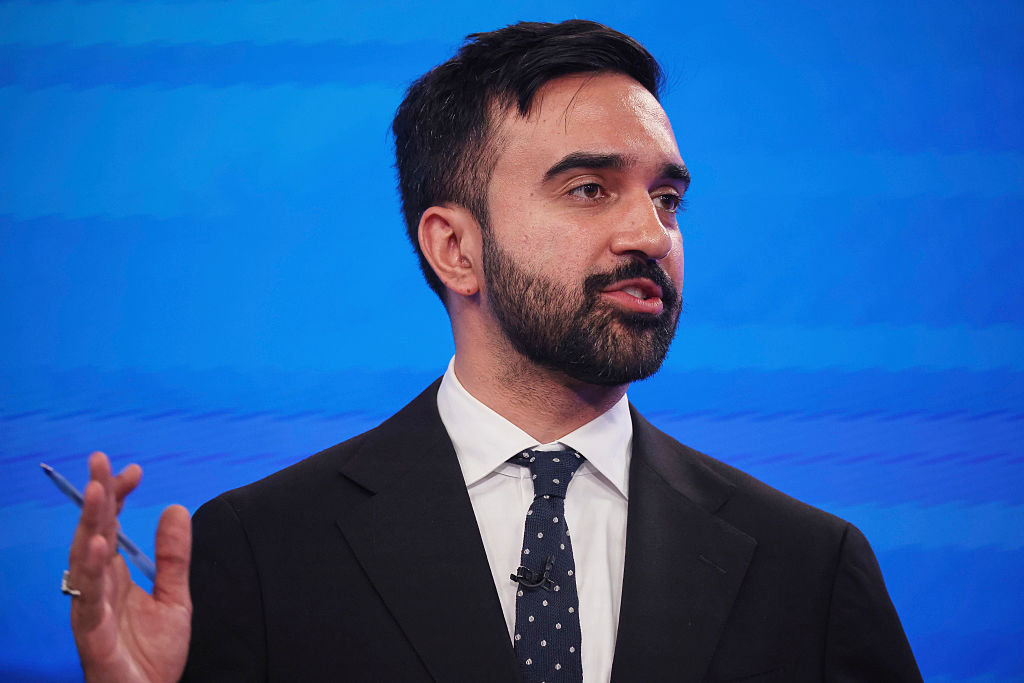Should Blacks Regain Faith In Clinical Trials?
Should Blacks Trust Clinical Trials To Help Reduce Health Disparities?
The African-American community still faces a litany of unaddressed health disparities, including Alzheimer’s — a disease that Blacks are up to three times more likely to develop than non-Hispanic whites, according to former U.S. Surgeon General David Satcher.
SEE ALSO: Brooklyn Nets To Sign Jason Collins, NBA’s First Openly Gay Player
And Alzheimer’s cases in the United States are projected to triple from 5.2 million to nearly 14 million by 2050, Satcher, who is Black and served under President Bill Clinton, writes in a piece at The Washington Post.
It is possible to stop Alzheimer’s with investments in research equal to the size and scope of the disease, he argues. But funding can go only so far without a corresponding increase in patients willing to participate in innovative clinical trials.
African Americans, however, are loathe to participate in clinical trials, engaging at far fewer rates than other ethnic groups, which helps to perpetuate the kinds of disparities seen with diseases such as Alzheimer’s, he says.
“As one of the groups that has the most to gain from Alzheimer’s clinical trials, African Americans should lead by example,” Satcher writes. “In doing so, we just might gain meaningful insight into the causes of the disparate impact of Alzheimer’s and help speed our pace to a cure.”
To be sure, the fear of clinical trials is rooted in history, a throwback to a dark chapter in American history: the Tuskegee syphilis experiments.
The Tuskegee clinical experiment, led by researchers and the U.S. Public Health Service, misled African-American men with syphilis about receiving free medical care. Instead, they were being left untreated so scientists could study the effects of prolonged syphilis. After the Associated Press revealed the truth, the U.S. government ended the study in 1972, 40 years after it began.
Notwithstanding the horrible Tuskegee experiment for which President Clinton issued an apology, Blacks still have the most to gain from participating in research trials, Satcher argues.
Alzheimer’s has far-reaching health implications for African Americans but also on families’ financial stability. African Americans accounted for one-third of the cost of care — around $71.6 billion — for Alzheimer’s in 2012, despite accounting for less than 14 percent of the population, researchers at John Hopkins University found in a study issued last year.
Although Medicare and Medicaid bear most of the costs of medical bills associated with Alzheimer’s care, Blacks paid more than $3.45 billion out of pocket on care in 2012. Further, the high toll of informal care, which is about 61 percent of the cost of Alzheimer’s for African Americans, the study shows.
“We might also finally escape the shadow cast by Tuskegee that has helped to perpetuate a form of inequality in health care, something Martin Luther King Jr. called the worst of all types of inequalities,” Satcher writes. “That would be a fitting way to honor those who went looking for care only to find injustice.”
SEE ALSO: Everything You Missed At The 45th NAACP Image Awards















